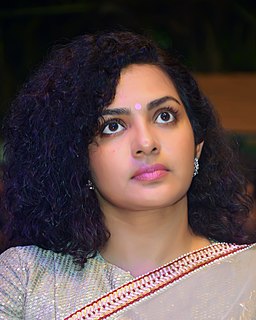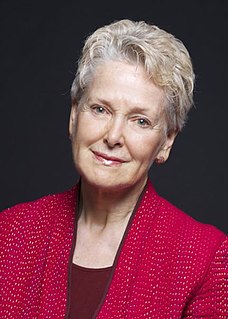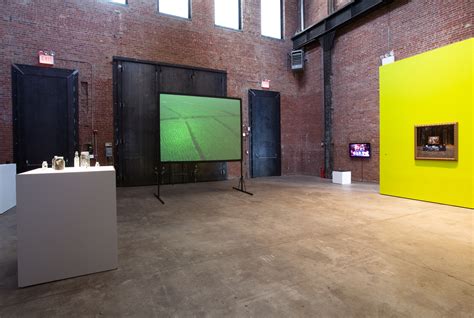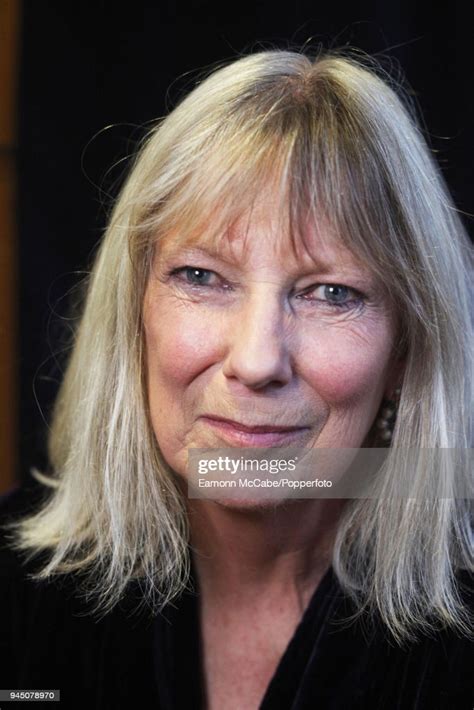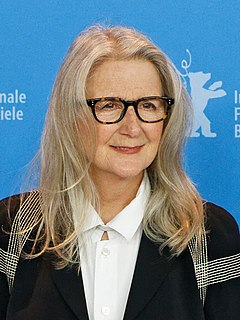A Quote by Parvathy
We need women in cinema to know first that they have a safe space to open up about their struggles without being judged and marginalised.
Related Quotes
The goal is that people will find something of themselves in it. But you don't need to know what a hexachord is! You don't need to know what serialism is. You don't need to know anything technical. It's more about the state of mind of being open and listening to what's really going on. And I think that the more open you can be, the better. So maybe it's not good to have expectations.
Women tend to be more interested in reconciliation. A Kenyan woman leader said to me, "You know, in a war, men and women want different things. The men care a lot about territory. And they care where the borders are. And they want this whole state. The women," she said, "they want a safe place." And she put her fingers like this, "They want a safe place for their children to go to school without being shot, for their daughters to not be raped."
I know about her, although she has never crossed my path," he said softly. "I know about her struggles and her defeats. It is because of her defeats that she is to me the lovely one. Out of her defeats she has been born a new quality in woman. I have a name for it. I call it Tandy. I made up the name when I was a true dreamer and before my body became vile. It is the quality of being strong to be loved. It is something men need from women and that they do not get.
I think there's a very fundamental urge to create a safe space, a home; most animals have that impulse, and humans certainly do - with some exceptions, like nomadic people who perhaps don't feel the need to settle in quite that way. But most of us do want to have space, somewhere we feel secure and where we repeatedly return. Somewhere we can sleep without fear. And there's nothing wrong with that desire. It's completely understandable. It only becomes ugly when that creation of a safe space involves making an enclosure from which other people are kept out.
You can't really divorce women's struggles in the world from women's in the cinema. As long as there's hierarchy it means that women are somehow secondary or second class or less than. That's going to be reflected in movies because films are the most powerful medium to reflect back society's view of itself
We need more female directors, we also need men to step up and identify with female characters and stories about women. We don't want to create a ghetto where women have to do movies about women. To assume stories about women need to be told by a woman isn't necessarily true, just as stories about men don't need a male director.
